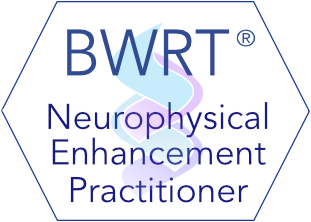Contrary to popular misconception, you don’t have to be “crazy,” desperate, or on the brink of a meltdown to go to therapy. At the same time, therapy isn’t usually necessary for every little struggle life throws your way, especially if you have a strong support system of friends and family. Most people can benefit from therapy at least some point in their lives. Sometimes the signs are obvious—but at other times, something may feel slightly off and you can’t figure out what it is. So you trudge on, trying to sustain your busy life until it sets in that life has become unmanageable. Before it gets to this point, here are five signs you may need help
- Feeling sad, angry, or otherwise “not yourself.”
Uncontrollable sadness, anger, or hopelessness may be signs of needing assistance. If you’re eating or sleeping more or less than usual, withdrawing from family and friends, or just feeling “off,” talk to someone before serious problems develop that impact your quality of life.
- Abusing drugs, alcohol, food, or sex to cope.
When you turn outside yourself to a substance or behavior to help you feel better, your coping skills may need some fine-tuning. If you feel unable to control these behaviors or you can’t stop despite negative consequences in your life, you may be struggling with addictive or compulsive behavior that requires treatment.
- You’ve lost someone or something important to you.
Grief can be a long and difficult process to endure without the support of an expert. While not everyone needs counseling during these times, there is no shame in needing a little help to get through the loss of a loved one, a divorce, or significant breakup, or the loss of a job, especially if you’ve experienced multiple losses in a short period of time.
- Something traumatic has happened.
If you have a history of abuse, neglect, or other trauma that you haven’t fully dealt with, or if you find yourself the victim of a crime or accident, chronic illness, or some other traumatic event, the earlier you talk to someone, the faster you can learn healthy ways to cope.
- You can’t do the things you like to do.
Have you stopped doing the activities you ordinarily enjoy? If so, why? Many people find that painful emotions and experiences keep them from getting out, having fun, and meeting new people. This is a red flag that something is amiss in your life.
You may have great insight into your own patterns and problems. You may even have many of the skills to manage them on your own. Still, there may be times when you need help—and the sooner you get it, the faster you can get back to enjoying life.




